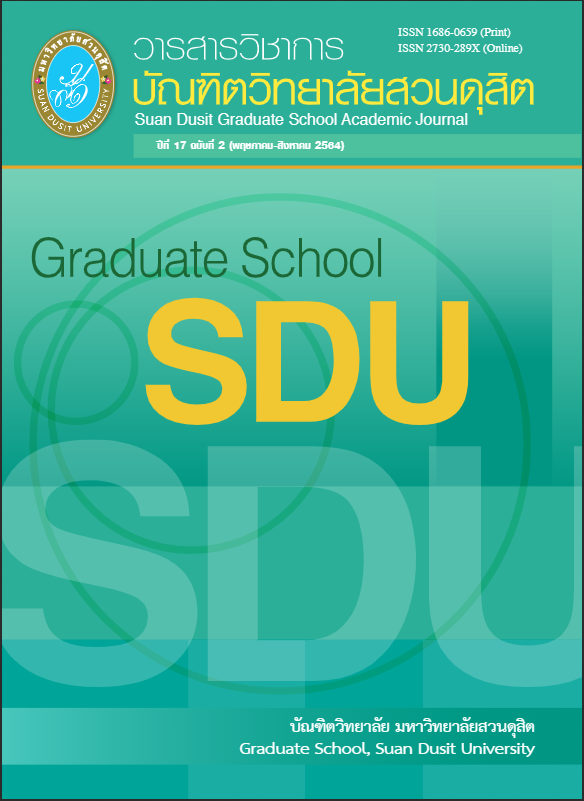State and the Concept of Law and Politics
Keywords:
Concept, State, Law, PoliticsAbstract
This article explained the relation between state and law and politics. The idea began with a consideration on state, which emerged as the true existence of law. Meanwhile, the general explanation to the state usually treated state as social unit isolated from law. That was to say, state appeared as the unit of government as the community of the gathering of humans - the autonomous social animals in itself to which its existence preceded the law. Law was initiated as a result of the state as the existence of legal order and law appeared as "the form of government"
Despite the different forms of government in each state, they shared the conditions and means of creating social and legal orders. Regardless of the epoch of modernity, spaces, and different cultures, it was implied that "law" was a technical aspect of the society that had its specific form of coercion of power. Consequently, despite differential relations between ancient and modern laws and difference in terms of nationalities and languages, the common features of law consisted of a social technique which was created for men to have a desired collective action and of the objective study of the disciple of law and politics, which are incapable of completing all aspects, without concerning on a crucial factor, that is, a consideration on statehood and political procedure, which had a relation that led to the reality of political community, which was the objective of law as the discipline to shed light on all legal norms created by each action of sociable men.
References
จรัญ โฆษณานันท์. (2550). นิติปัชญา. กรุงเทพฯ: มหาวิทยาลัยรามคำแหง.
ชัยอนันต์ สมุทวณิช. (2535). รัฐ (พิมพ์ครั้งที่ 3). กรุงเทพฯ: จุฬาลงกรณ์มหาวิทยาลัย.
ชาญชัย แสวงศักดิ์ (2554). กฎหมายรัฐธรรมนูญ: แนวคิดและประสบการณ์ของต่างประเทศ. กรุงเทพฯ: วิญญูชน
ชาย ไชยชิต. (2560). ฮันส์ เคลเซ่น: แนวคิดว่าด้วยรัฐ รัฐธรรมนูญ ศาลรัฐธรรม. กรุงเทพฯ: จุฬาลงกรณ์มหาวิทยาลัย.
บรรเจิด สิงคนติ, (2558) หลักพื้นฐานเกี่ยวกับสิทธิเสรีภาพและศักดิ์ศรีความเป็นมนุษย์ (พิมพ์ครั้งที่ 5) กรุงเทพฯ: วิญญชน.
บรรเจิด สิงคเนติ (2560) หลักกฎหมายมหาชน หลักนิติธรรม/นิติรัฐ ในฐานะ "เกณฑ์" จำกัดอำนาจรัฐกรุงเทพฯ: วิญญูชน.
พิเชษฐ เมาลานนท์ (2546) ตุลาการภิวัฒน์ไทยและสากล. ทีมวิจัยปัญหาตุลาการศาสตร์ (ก่อตั้ง ค.ศ. 2546) คณะนิติศาสตร์ มหาวิทยาลัยนีกาตะ ประเทศญี่ปุ่น.
บุญศรี มีวงศ์อุโฆษ. (2559) กฎหมายมหาชนเบื้องต้น. (พิมพ์ครั้งที่ 3). กรุงเทพฯ: มหาวิทยาลัยธรรมศาสตร์.
ธนัย เกตวงกต (2553). บทบาทของสถาบันศาลรัฐธรรมนูญกับตุลาการภิวัฒน์. [Online]. Available: https://www.publaw.net.
ปรีดี เกษมทรัพย์ (2546) นิติปัชญา. (พิมพ์ครั้งที่ 6) กรุงเทพฯ: มหาวิทยาลัยธรรมศาสตร์.
อมร จันทรสมบูร์, ศาลรัฐธรรมนูญ รายงานคณะกรรมาธิการวิสามัญพิจารณาศึกษาแนวทางแก้ไข รัฐธรรมนูญแห่งราชอาณาจักรไทย พุทธศักราช 2534 สภาผู้แทนราษฎร (เล่ม 2), มิถุนายน 2536, หน้า 299. อ้างถึงใน นภดล เฮงเจริญ, "ศาลรัฐธรรมนูญตามรัฐธรรมนูญฉบับปัจจุบัน,"รวมบทความทางวิชาการของศาลรัฐธรรมนูญ ชุดที่ 1 : ศาลรัฐธรรมนูญไทย (กรุงเทพฯ : สำนักงานศาลรัฐธรรมนูญ, 2544), หน้า 23-24.
Hans Kelsen, Pure Theory of Law, Translated by Max Kinght. Berkley: University of Califonia Press.
Kelsen, H. (2006). Genaral Theory of Law and state, With a New Introduction By A. Javire Trevino New Brunswick: Transaction Publishers.
Lipson, Leslie. (2002). The Great Issues of Politics: An Introduction to Political Science. Englewood Cliffs, New Jersey: Prentice-Hall
Downloads
Published
How to Cite
Issue
Section
License
Copyright (c) 2021 Suan Dusit Graduate School Acadamic Journal

This work is licensed under a Creative Commons Attribution-NonCommercial-NoDerivatives 4.0 International License.






